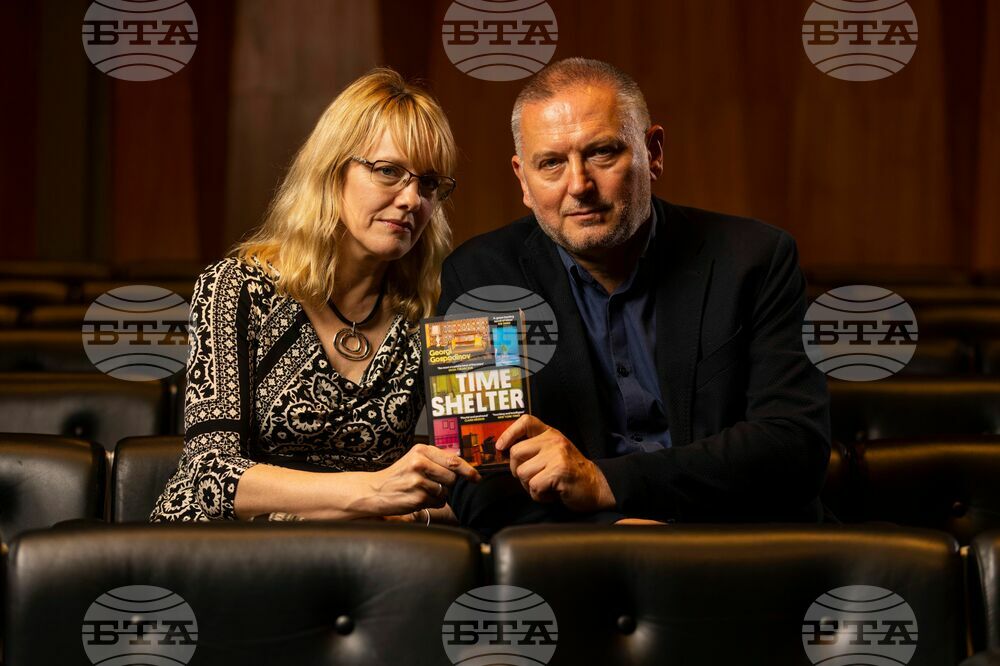site.btaBooker Prize Winner Georgi Gospodinov to BTA: Literatures Created in "Small" Languages Can Speak about Big Things


About a week after his novel Time Shelter, in Angela Rodel's translation, won the 2023 International Booker Prize and filled his fellow Bulgarians with joy and pride, writer Georgi Gospodinov said in a BTA interview that literatures created in
/VE/
news.modal.header
news.modal.text